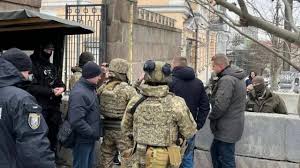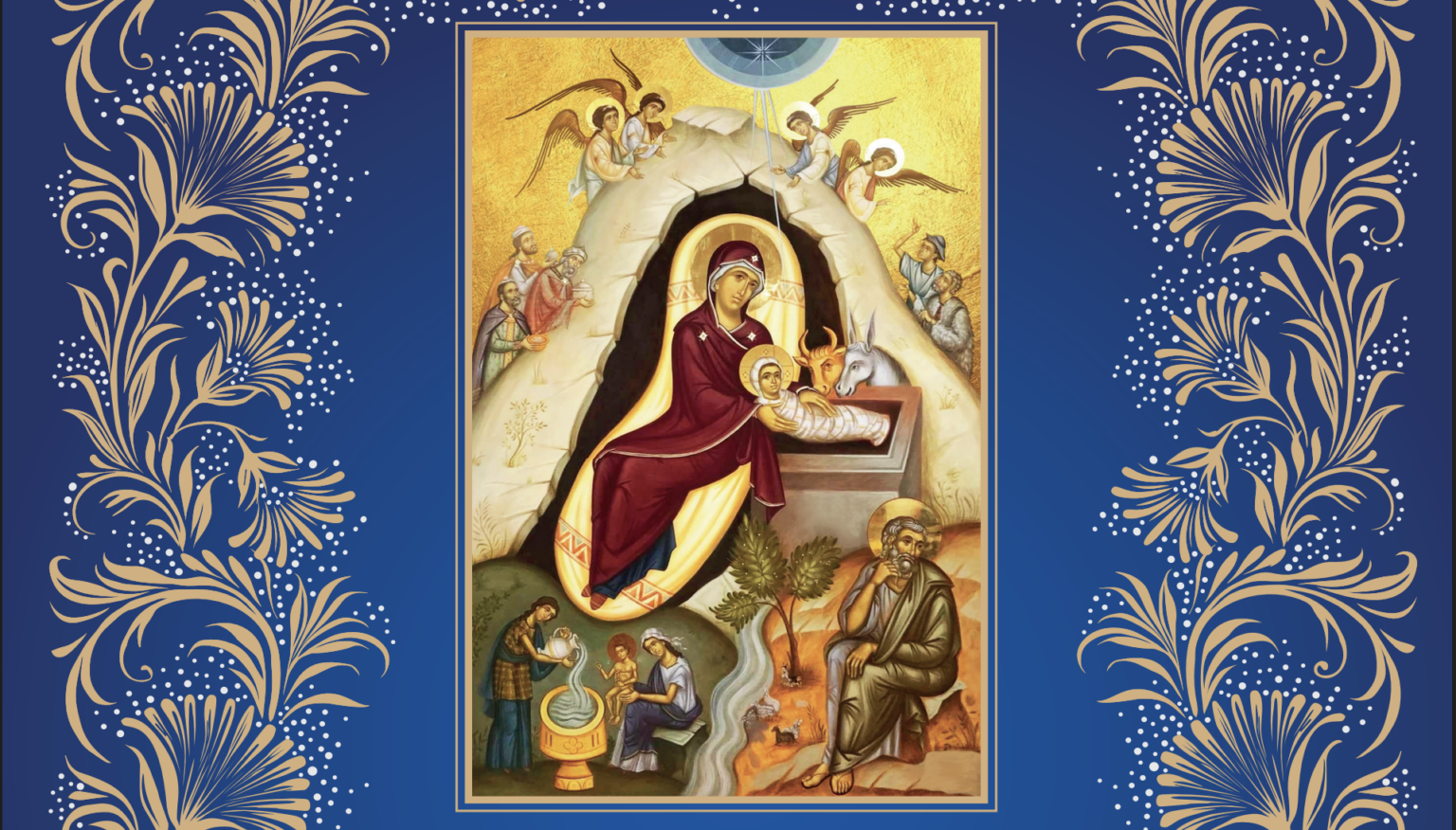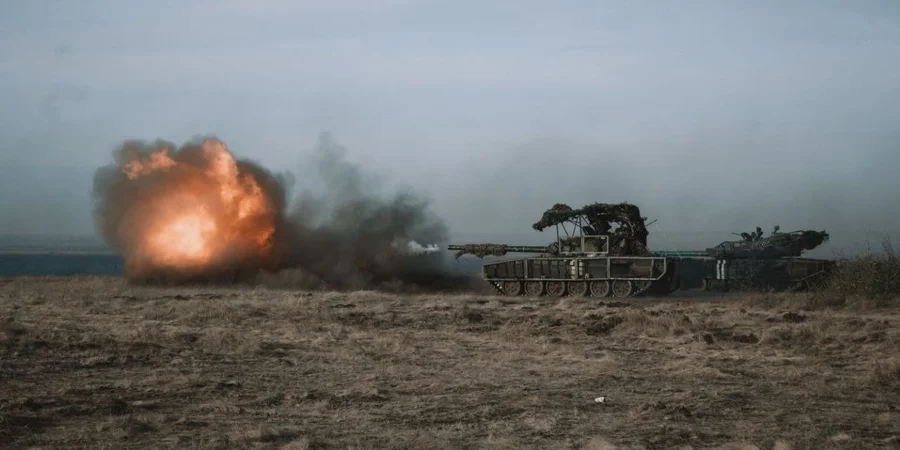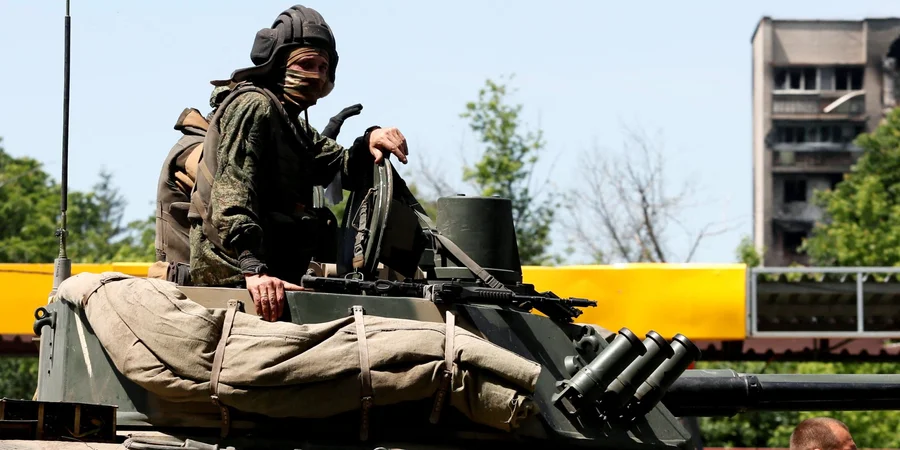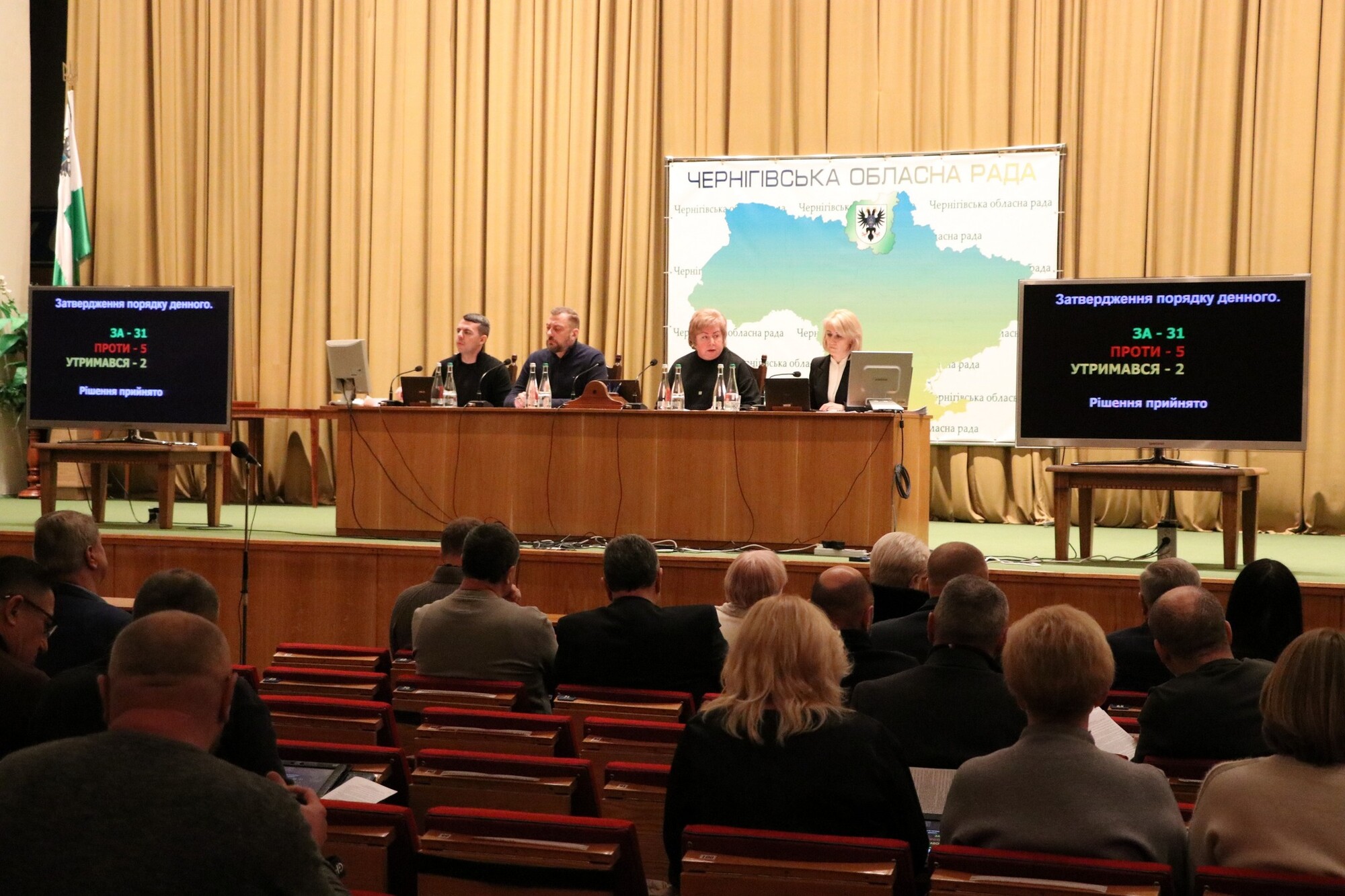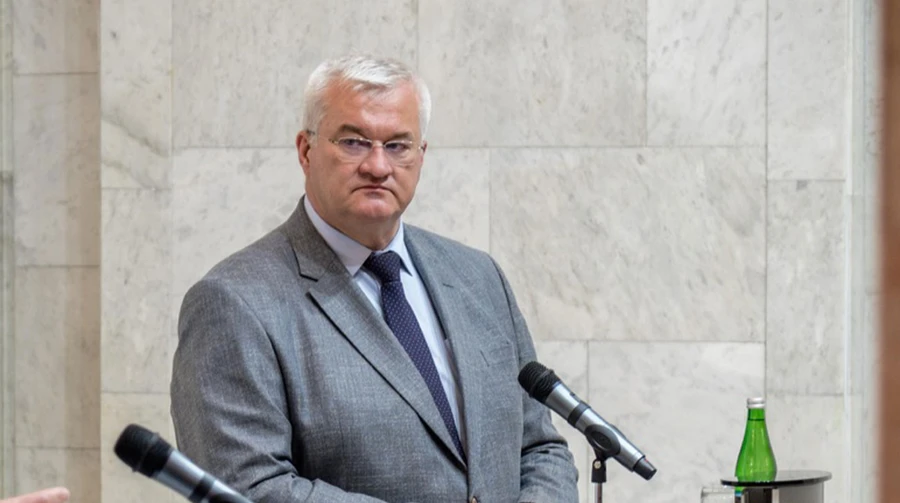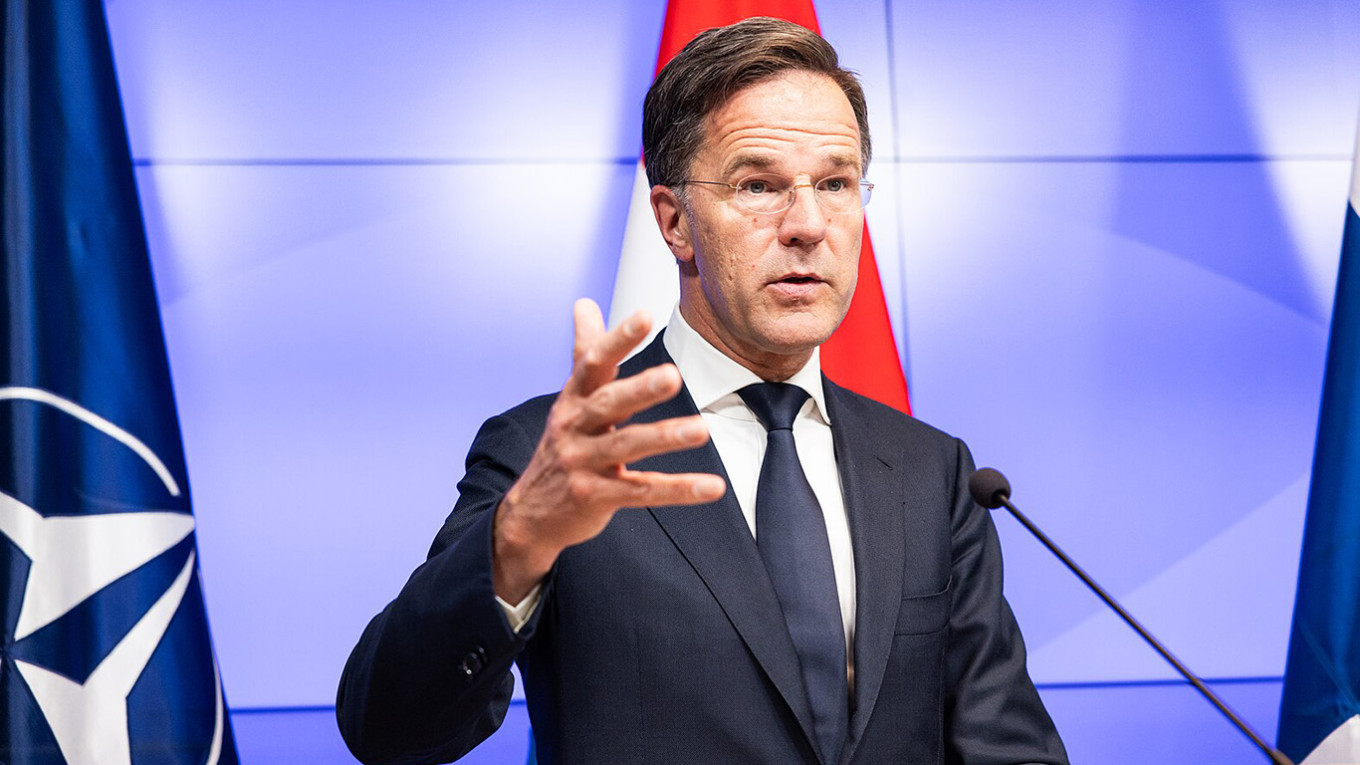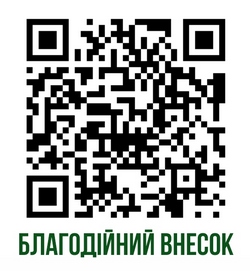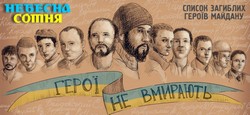EUROMAIDAN. 30 November attack on protesters and 1 December 2013 riots. (VIDEO)
The day after the riots, peaceful protests continued to take place and occupy Maidan Nezalezhnosti in Kiev, with tens of thousands attending, while thousands blocked the main Cabinet buildings.
According to BBC correspondent David Stern "They have set up almost a military camp of sorts, and have erected a very impressive barricade around the perimeter of the demonstration". David M. Herszenhorn of The New York Times described the square as "oddly festive" and added that "Protest leaders, sensing that momentum had turned to their advantage, continued to add infrastructure to their operation, bringing in television monitors and erecting the small tent city".
Elsewhere, Lviv, Ternopil and Ivano-Frankivsk announced a general strike in solidarity with the movement. 1,000 Internal Troops (National Guard) were deployed to Kiev around key government buildings by the Interior Ministry. The parliament committee on statehood and self-governance recommended a vote of no-confidence in Prime Minister Mykola Azarov 's government, opening a way for such a vote on 3 December. The Kiev City Council building remained occupied by protesters.
The people working at Kiev City Council were still being allowed to come in and do their usual jobs.
On 3 December the Azarov Government survived the vote of no-confidence with 186 MP's supporting the motion, and all but 1 Party of Regions MP abstaining from the vote; at least 226 votes were needed. However; the Communist Party of Ukraine, that had not supported this vote, stated that on 4 December they would put forward their own no confidence motion, based on the government's management of the economy.
If the 186 MP's supporting the 3 December motion support the 4 December no-confidence motion – which they have stated they will – the 4 December motion will pass with over 226 votes.
In his speech to parliament, Azarov warned protesters occupying the Kiev City State Administration that force could be used to remove them. In the morning of 3 December Euronews described the situation in Kiev as "calm at the moment, however tensions have remained high".Clashes with riot police did occur outside of parliament.
In the afternoon, in freezing conditions, several thousand protesters rallied on Maidan Nezalezhnosti were opposition leaders gave passionate speeches. After the speeches, the crowd moved to the Presidential Administration Building.
According to the Ministry of Internal Affairs over 10,000 demonstrators rallied on Maidan Nezalezhnosti in the evening of 3 December; it also noted that it had recorded no incidents.
Demonstrators started to pitch about 10 army tents (including a campfire) on the square, and about 10 on Khreshchatyk; while Ukrainian performers entertained the demonstrators. Interfax-Ukraine reported that opposition leaders Arseniy Yatsenyuk, Oleh Tyahnybok and Vitali Klitschko met with foreign ambassadors that same evening. The next day they met with German Foreign Minister Guido Westerwelle in Kiev (including a walk on Maidan Nezalezhnosti).
On 5 December 2013 the protest continued with several thousand demonstrators continuing to rally on Maidan Nezalezhnosti; an Interfax correspondent reported that "the situation on the square is calm" and that wooden barricades were installed on Instytytska and Horodetskoho Street.
An Interfax-Ukraine correspondent reported that police buses blocked several streets leading to the Verkhovna Rada (parliament) and that about 150 "people waving flags of Svoboda and the red-and-black flags of Ukrainian nationalists" were rallying in front of the central entrance to the Budynok Uryadu (the administrative building for the Cabinet of Ministers of Ukraine).
Meanwhile, several hundred supporters of the Party of Regions and President Yanukovych pitched a camp (encircled by a metal fence) on the square in Mariinsky park (in front of the main entrance to the Verkhovna Rada).
The OSCE security group summit in Kiev advanced as planned.
Viktoria Siumar, a prominent journalist and former head of Institute of Mass Information, reported that Secretary (head) of the National Security and Defense Council of Ukraine, Andriy Klyuyev, met with TV managers on 6 December urging them to limit Euromaidan coverage.
This took place concurrent to Prime Minister Azarov's critical statement of the media in the country, in which he stated there was a lack of coverage towards pro-government rallies, a "disproportionate bias in coverage," and that "everywhere is dominated by only one point of view, and it is a distortion of reality, away from democracy."
The same day the Director of the Office for Democratic Institutions and Human Rights within the OSCE Janez Lenarčič stated that the government's demand that protesters unblock governmental buildings was "lawful" and "fully consistent with the acceptable restrictions on the freedom of assembly".
However, he also stated that the 30 November court ban on demonstrations in central Kiev was "an unqualified ban on demonstrations, in other words on peaceful assemblies, which is disproportionate and in contradiction to Ukraine's OSCE commitments".
Jailed former Ukrainian Prime Minister Yulia Tymoshenko ended her hunger strike that she had started on 25 November in protest of "President Yanukovych's reluctance to sign the DCFTA" on 6 December. The same day police and a court order blocked a planned protest at President Yanukovych's private residence Mezhyhirya.
An unscheduled meeting between President Yanukovych and Russian President Vladimir Putin took place in the south Russian city of Sochi on 6 December 2013. Ukrainian Foreign Affairs Minister Leonid Kozhara stated the cooperative agreements signed in Sochi were primarily in the fields of in space, aircraft construction, and engineering.
Prime Minister Mykola Azarov elaborated on the matter, saying the two met to discuss the drafting of a strategic partnership agreement, eliminate disputes over trading and economic issues, and in a separate announcement told journalists that the president would soon visit Moscow on 17 December, where a "major agreement" would be signed.
This prompted opposition leader Arseniy Yatsenyuk to issue a stern warning towards Yanukovych, saying "If Yanukovych tries to sign anything with Russia about the Customs Union it will lead to a bigger wave of protests."
Later, The Economist's senior editor Edward Lucas, citing his own diplomatic sources, reported on his Twitter that Yanukovych had allegedly signed a pact with Russia which included terms whereby Ukraine would receive $5 billion and a natural gas price reduction in exchange for an agreement to join their Customs Union at a later date.
Upon hearing the news, opposition leaders expressed fury, and demanded that the alleged documents be made public immediately. The governments of Russia and Ukraine categorically denied any Customs Union talks took place during the meetings, however, Russian presidential spokesman Dmitry Peskov did confirm (on 7 December) that the two sides discussed financial aid and credit, and were also now "significantly" closer in talks over natural gas prices.
At the same time, Yatsenyuk claimed to have information that the planned 17 December Ukrainian-Russian strategic partnership agreement would involve Ukraine's joining of the Customs Union, but added that Ukraine's parliament would be unlikely to ratify it.
The Ukrainian Foreign Ministry stated on 10 December that "No documents were expected to be signed and, naturally, no documents were signed during the Sochi meeting"; it also informed that a Ukrainian delegation would attend a 13 December CIS Economic Council in Moscow were "Special attention will be given to the aspects of the realization of the treaty of a free trade zone of October 18, 2011".
Wiki
According to BBC correspondent David Stern "They have set up almost a military camp of sorts, and have erected a very impressive barricade around the perimeter of the demonstration". David M. Herszenhorn of The New York Times described the square as "oddly festive" and added that "Protest leaders, sensing that momentum had turned to their advantage, continued to add infrastructure to their operation, bringing in television monitors and erecting the small tent city".
Elsewhere, Lviv, Ternopil and Ivano-Frankivsk announced a general strike in solidarity with the movement. 1,000 Internal Troops (National Guard) were deployed to Kiev around key government buildings by the Interior Ministry. The parliament committee on statehood and self-governance recommended a vote of no-confidence in Prime Minister Mykola Azarov 's government, opening a way for such a vote on 3 December. The Kiev City Council building remained occupied by protesters.
The people working at Kiev City Council were still being allowed to come in and do their usual jobs.
On 3 December the Azarov Government survived the vote of no-confidence with 186 MP's supporting the motion, and all but 1 Party of Regions MP abstaining from the vote; at least 226 votes were needed. However; the Communist Party of Ukraine, that had not supported this vote, stated that on 4 December they would put forward their own no confidence motion, based on the government's management of the economy.
If the 186 MP's supporting the 3 December motion support the 4 December no-confidence motion – which they have stated they will – the 4 December motion will pass with over 226 votes.
In his speech to parliament, Azarov warned protesters occupying the Kiev City State Administration that force could be used to remove them. In the morning of 3 December Euronews described the situation in Kiev as "calm at the moment, however tensions have remained high".Clashes with riot police did occur outside of parliament.
In the afternoon, in freezing conditions, several thousand protesters rallied on Maidan Nezalezhnosti were opposition leaders gave passionate speeches. After the speeches, the crowd moved to the Presidential Administration Building.
According to the Ministry of Internal Affairs over 10,000 demonstrators rallied on Maidan Nezalezhnosti in the evening of 3 December; it also noted that it had recorded no incidents.
Demonstrators started to pitch about 10 army tents (including a campfire) on the square, and about 10 on Khreshchatyk; while Ukrainian performers entertained the demonstrators. Interfax-Ukraine reported that opposition leaders Arseniy Yatsenyuk, Oleh Tyahnybok and Vitali Klitschko met with foreign ambassadors that same evening. The next day they met with German Foreign Minister Guido Westerwelle in Kiev (including a walk on Maidan Nezalezhnosti).
On 5 December 2013 the protest continued with several thousand demonstrators continuing to rally on Maidan Nezalezhnosti; an Interfax correspondent reported that "the situation on the square is calm" and that wooden barricades were installed on Instytytska and Horodetskoho Street.
An Interfax-Ukraine correspondent reported that police buses blocked several streets leading to the Verkhovna Rada (parliament) and that about 150 "people waving flags of Svoboda and the red-and-black flags of Ukrainian nationalists" were rallying in front of the central entrance to the Budynok Uryadu (the administrative building for the Cabinet of Ministers of Ukraine).
Meanwhile, several hundred supporters of the Party of Regions and President Yanukovych pitched a camp (encircled by a metal fence) on the square in Mariinsky park (in front of the main entrance to the Verkhovna Rada).
The OSCE security group summit in Kiev advanced as planned.
Viktoria Siumar, a prominent journalist and former head of Institute of Mass Information, reported that Secretary (head) of the National Security and Defense Council of Ukraine, Andriy Klyuyev, met with TV managers on 6 December urging them to limit Euromaidan coverage.
This took place concurrent to Prime Minister Azarov's critical statement of the media in the country, in which he stated there was a lack of coverage towards pro-government rallies, a "disproportionate bias in coverage," and that "everywhere is dominated by only one point of view, and it is a distortion of reality, away from democracy."
The same day the Director of the Office for Democratic Institutions and Human Rights within the OSCE Janez Lenarčič stated that the government's demand that protesters unblock governmental buildings was "lawful" and "fully consistent with the acceptable restrictions on the freedom of assembly".
However, he also stated that the 30 November court ban on demonstrations in central Kiev was "an unqualified ban on demonstrations, in other words on peaceful assemblies, which is disproportionate and in contradiction to Ukraine's OSCE commitments".
Jailed former Ukrainian Prime Minister Yulia Tymoshenko ended her hunger strike that she had started on 25 November in protest of "President Yanukovych's reluctance to sign the DCFTA" on 6 December. The same day police and a court order blocked a planned protest at President Yanukovych's private residence Mezhyhirya.
An unscheduled meeting between President Yanukovych and Russian President Vladimir Putin took place in the south Russian city of Sochi on 6 December 2013. Ukrainian Foreign Affairs Minister Leonid Kozhara stated the cooperative agreements signed in Sochi were primarily in the fields of in space, aircraft construction, and engineering.
Prime Minister Mykola Azarov elaborated on the matter, saying the two met to discuss the drafting of a strategic partnership agreement, eliminate disputes over trading and economic issues, and in a separate announcement told journalists that the president would soon visit Moscow on 17 December, where a "major agreement" would be signed.
This prompted opposition leader Arseniy Yatsenyuk to issue a stern warning towards Yanukovych, saying "If Yanukovych tries to sign anything with Russia about the Customs Union it will lead to a bigger wave of protests."
Later, The Economist's senior editor Edward Lucas, citing his own diplomatic sources, reported on his Twitter that Yanukovych had allegedly signed a pact with Russia which included terms whereby Ukraine would receive $5 billion and a natural gas price reduction in exchange for an agreement to join their Customs Union at a later date.
Upon hearing the news, opposition leaders expressed fury, and demanded that the alleged documents be made public immediately. The governments of Russia and Ukraine categorically denied any Customs Union talks took place during the meetings, however, Russian presidential spokesman Dmitry Peskov did confirm (on 7 December) that the two sides discussed financial aid and credit, and were also now "significantly" closer in talks over natural gas prices.
At the same time, Yatsenyuk claimed to have information that the planned 17 December Ukrainian-Russian strategic partnership agreement would involve Ukraine's joining of the Customs Union, but added that Ukraine's parliament would be unlikely to ratify it.
The Ukrainian Foreign Ministry stated on 10 December that "No documents were expected to be signed and, naturally, no documents were signed during the Sochi meeting"; it also informed that a Ukrainian delegation would attend a 13 December CIS Economic Council in Moscow were "Special attention will be given to the aspects of the realization of the treaty of a free trade zone of October 18, 2011".
Wiki
|
Теґі:







